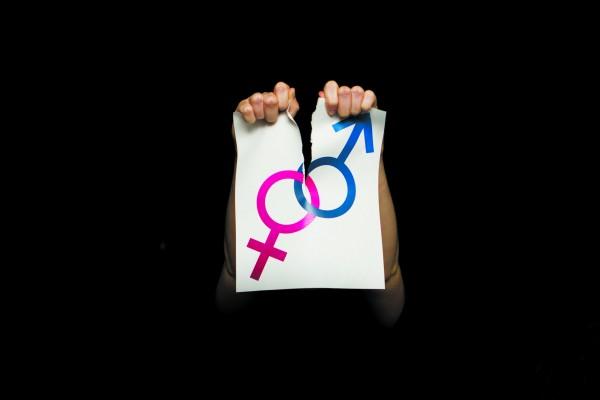
Election season is near—time to prepare to hit the polls and participate in the nationwide event the United States has been talking about for decades now. Suffrage in this country, as we are taught from young ages, is more than an individual endeavor solely undertaken by people interested in politics; suffrage is an integral element to democratic principles of government, giving civil society the power to choose who we want making political decisions that frame our lives.
However, as we also are taught from young ages, political participation was not originally ordained by the U.S. government to be an entitlement of all people living in the country. Since its formation, the U.S. has continually amended voting legislation in an attempt to make suffrage accessible to historically-minoritized groups. Early on, amendments to the Constitution focused on suffrage for non-property-holding, white men, slowly broadening their scope to include non-white men, women, Native Americans, poor populations, racial minorities, and even military personnel abroad.
That said, even the most theoretically-inclusive legislation manifests differently in practice. For example, when blacks were given the right to vote by the 15th amendment, the reform still only applied to black men. Again, when women were granted suffrage by the 19th amendment, the change realistically only benefittedwhite women. However, in spite of intricate changes in legislation providing voting opportunity for those excluded from the amendments, a large majority of the transgender population continues to be sidelined from the age-old claim to suffrage which this country is founded on.
For this current moment in world history, tracking identification is huge priority of the government for purposes of national security and legality. Yet, this country’s heavy reliance on gender identification poses huge difficulties for transgender, queer, and gender non-conforming individuals. A 2012 study conducted by The Williams Institute at the UCLA School of Law reports that 40% transgender Americans (?183,000 people) who have transitioned to a different gender than assigned at birth are without an updated driver’s license matching their current gender identity. 74% of those individuals (?338,000 people) lacked an updated U.S. passport and 27% of transgender American citizens (?124,000 people) were without any piece of updated identification. Echoing the intersectionality issues of race and socioeconomic status mentioned earlier, transgender individuals of color, low socioeconomic status and disability are more likely to not have updated identification.
In addition to being denied the right to vote, transgender and gender non-conforming individuals lacking updated identification face possible removal from the voting site, harassment or attack.1 These folks risk their dignity, their democracy, and their lives in attempt to exercise their country’s widely-acclaimed right to vote. Their legitimacy in person hood is called into question every time their request to exercise suffrage is denied on the basis of gender representation.
As we dive into this next election season, I stress to acknowledge that exercising one’s right to vote is important beyond shaping one’s politically-determined life; as fellow citizens, we are also accountable for voting for candidates who are more likely to ensure the voting accessibility for those who struggle to exercise this right. For the voters fortunate enough to have access to their right, the responsibility to elect officials who will fight for the equality of all citizens is that much greater. Even in a government-instituted setting, like a voting site, where every citizen is entitled to be protected by and pursue their rights granted by the state, transgender and gender non-conforming individuals are subject to interpretation—denied access, safety and security if their gender representation does not match words or pictures on a piece of plastic or paper.
For those seeking resources for knowing your rights or obtaining legal documents, the National Center for Transgender Equality provides a comprehensive rundown of what your rights are in different legal/security settings, how to navigate these spheres while transgender or gender non-binary, as well as a state-by-state catalog of options for changing names and genders on driver’s licenses, birth certificates, federal IDs and records. The organization’s website can be located at this address: http://www.transequality.org/.
1 Herman, Jody L. "The Potential Impact of Voter Identification Laws on Transgender Voters." The Williams Institute, Apr. 2012. Web. 9 Oct. 2015. http://williamsinstitute.law.ucla.edu/wp-content/uploads/Herman-Voter-ID-Apr-2012.pdf

